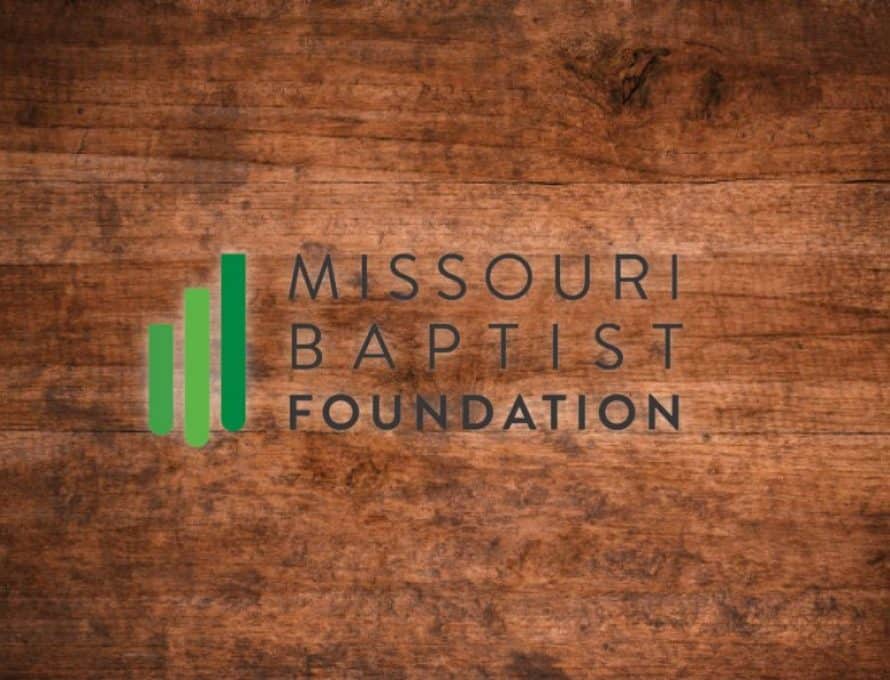My pastor recently illustrated a story on a Sunday morning about the importance of going and doing (following God’s commands) as opposed to just studying and knowing. The illustration (I paraphrase) involves a father telling his young son to clean his room. The son came back later and stated that he had not followed his father’s command, but he had committed his father’s command to memory and could state the command perfectly: “go and clean your room.”
As you could guess, the father was dissatisfied. The son then said, “Wait. Not only have I committed your command to memory, I can repeat it back in Greek and I understand it’s context in relation to the time period the command was given.” The father was still dissatisfied. Finally, the son said, “I’ll tell you what, I am going to invite some friends over this weekend and we’re going to have a small group discussion and pray about your command for me to clean my room.”
I have often been that boy. I suspect many of this article’s readers have been too.
Scripture tells us ”What good is it, my brothers and sisters, if someone claims to have faith but has no deeds? Can such faith save them? Suppose a brother or a sister is without clothes and daily food. If one of you says to them, “Go in peace; keep warm and well fed,” but does nothing about their physical needs, what good is it? In the same way, faith by itself, if it is not accompanied by action, is dead.” (James 2:14-17 NIV)
A strong knowledge of God’s Word is essential in every Christ-followers life. But God doesn’t call us to memorize verses, study Greek, and participate in small group studies. He calls us to go and do. God commands we go out to our communities and help those who need help. God calls us to have compassion on those that may not offer the same compassion to us. God calls us to contribute our gifts and resources to advance the Gospel.
We are commanded to give and serve in ways that may make us uncomfortable at times. To give in faith. When Jesus observed the crowds of rich people making a show of their large gifts to the temple treasury, He was unimpressed. Then came a poor widow with two small copper coins as her offering. Upon seeing her sacrifice, Jesus responds with “Truly I tell you, this poor widow has put more into the treasury than all the others. They all gave out of their wealth; but she, out of her poverty, put in everything—all she had to live on.” (Mark 12:43-44 NIV)
The widow gave out of faith from all she had because she believed all she had belonged to God. A key point Jesus makes here is when we choose to follow Christ, our gifts and resources are not ours, they are His. We are to be good stewards of our blessings, whether they be finances or abilities. God does not need our money, He desires our willingness to use gifts we have been blessed with for His purpose.
As Christians, we enjoy reading God’s Word and understanding its context in history. We enjoy going to church and gathering together with small groups to discuss His Word. But God didn’t create this desire in us for our enjoyment, He created it so out of sacrifice from our blessings we would go and do, love and serve, and give and help. God’s Word is not simply a resource to study, understand, and discuss. God’s Word is a call to action.
John Long, MBF Controller, has been working with the Foundation since 2009. You may contact him at 573-761-0717, extension 543 or email jlong@mbfn.org.

